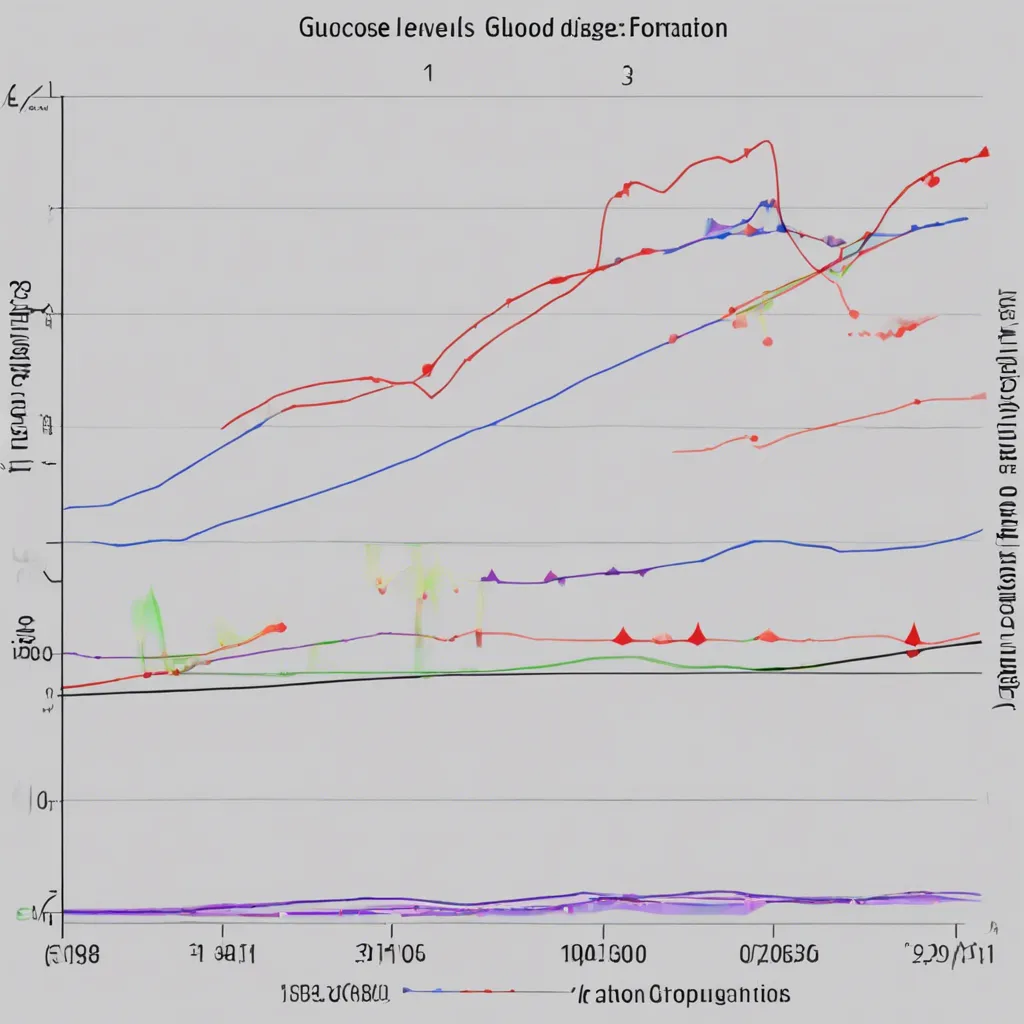The Impact of Alcohol on Blood Sugar Levels
Are you aware of the surprising relationship between alcohol consumption and your blood sugar levels? Discover how that drink might affect your body in unexpected ways.
Are you aware of the surprising relationship between alcohol consumption and your blood sugar levels? Discover how that drink might affect your body in unexpected ways.

Alcohol consumption has become a common part of social gatherings and celebrations. However, many are unaware of the significant impact it can have on blood sugar levels. This article delves into the effects of alcohol on glucose regulation, insulin production, and the risks associated with excessive drinking. Understanding this relationship is crucial for individuals with diabetes or those aiming to maintain stable blood sugar levels.
Alcohol consumption can lead to a decrease in blood sugar levels, putting individuals at risk of hypoglycemia. When alcohol is consumed, the liver focuses on processing the alcohol rather than releasing glucose into the bloodstream. This can cause a drop in blood sugar levels, leading to symptoms such as confusion, weakness, and even loss of consciousness. Individuals with diabetes are especially susceptible to this effect. It is important for individuals to monitor their blood sugar levels and drink alcohol in moderation to prevent hypoglycemia.
When it comes to blood sugar levels, it is important to be mindful of the type of alcohol consumed. Sugary mixed drinks and sweet wines can have a significant impact on blood glucose levels. These drinks often contain high amounts of sugar, which can lead to a rapid increase in blood sugar. For individuals with diabetes or those aiming to maintain stable blood sugar levels, it is advisable to opt for drinks that are lower in sugar content or consume alcohol in moderation. Understanding the effects of various types of alcohol on blood glucose levels is crucial in managing overall health and well-being.
If you want to maintain healthy blood sugar levels while enjoying alcoholic beverages, it is important to monitor your blood sugar levels closely before, during, and after consuming alcohol. This will help you understand how alcohol affects your blood sugar and adjust your intake accordingly.
Excessive alcohol consumption can have detrimental effects on long-term blood sugar management. Consuming large amounts of alcohol regularly can lead to insulin resistance, hindering the body's ability to regulate blood sugar levels. This can increase the risk of developing type 2 diabetes, a chronic condition characterized by high blood sugar levels. Furthermore, excessive alcohol intake can contribute to weight gain, which further exacerbates blood sugar management issues. It is important to practice moderation and responsible drinking to maintain optimal blood sugar control and overall health.
In conclusion, alcohol consumption can have a significant impact on blood sugar levels. While moderate alcohol consumption may have some health benefits, excessive or chronic use can lead to various adverse effects on glucose metabolism. Individuals with diabetes should be cautious about their alcohol intake and monitor their blood sugar levels closely. It is essential to maintain a balanced lifestyle and seek medical advice if necessary to ensure overall well-being and optimal control of blood sugar levels.
Yes, alcohol can affect blood sugar levels. When consumed in excess, alcohol can cause blood sugar levels to drop dangerously low.
No, some alcoholic beverages may have a lesser impact on blood sugar levels than others. For example, spirits like vodka and whiskey have a minimal effect, while sweetened cocktails or drinks with sugary mixers can significantly raise blood sugar levels.
Alcohol interferes with the liver's ability to release glucose into the bloodstream, which can result in low blood sugar levels.
Long-term excessive alcohol consumption can lead to insulin resistance, which impairs the body's ability to regulate blood sugar levels. This can increase the risk of developing type 2 diabetes.
Individuals with diabetes should consume alcohol in moderation and take certain precautions such as eating a balanced meal before drinking, monitoring blood sugar levels regularly, and avoiding sugary alcoholic beverages.
Yes, alcohol can interfere with certain diabetes medications, potentially leading to hypoglycemia or other complications. It is important to consult with a healthcare provider to understand any potential interactions.
Moderate alcohol consumption may be safe for individuals with diabetes, but it is important to monitor blood sugar levels closely and consult with a healthcare provider.
Yes, excessive alcohol consumption can lead to hypoglycemia (low blood sugar), especially in individuals with diabetes or those taking medications that lower blood sugar levels.
In the short term, alcohol consumption can cause a temporary spike in blood sugar levels due to its high calorie content. However, this is followed by a rapid decrease in blood sugar levels.